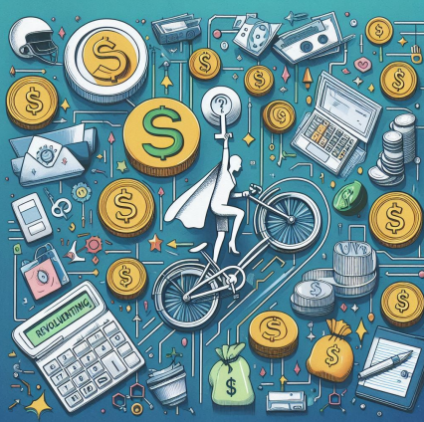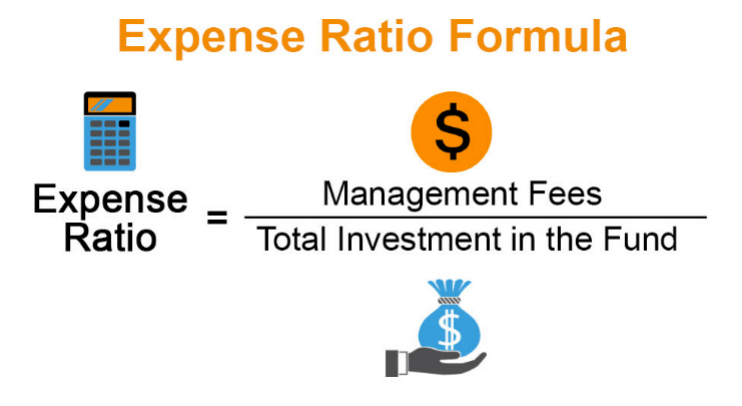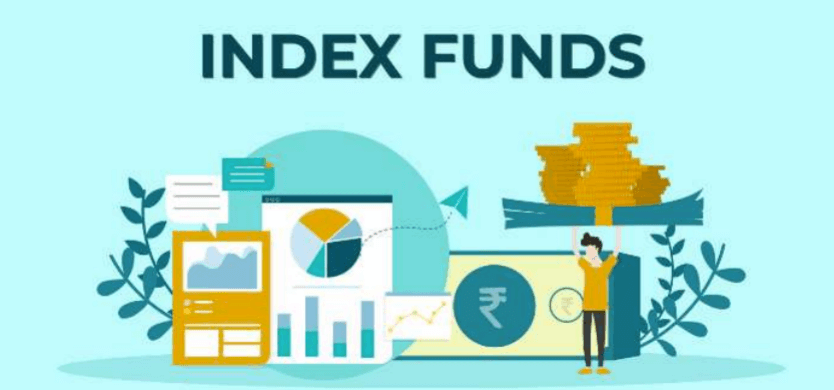Fintech is reshaping the financial landscape. Although, its influence spans the full diversity of the population, women, for instance, are experiencing the financial upheaval based on the power of this technology. Easier access to loans and investments, to individualized financial management products, all contribute to fintech empowering women to take charge of their financial destiny in an unprecedented way. This article explores how fintech is releasing women, removing barriers and changing the way they deal with money.

Understanding the New Era of Financial Accessibility
Historically, women have endured more financial constraints than men, especially in respect of credit and investing. Based on data from World Bank, it is estimated that more than 70% of women-owned SMEs in developing countries are credit-constrained. Traditional financial institutions tend to view women as high risk borrowers due to the insufficient credit history, despite the fact that their payment rate is better than that of men. Fintech platforms are changing this narrative. Companies such as Kiva and Tala make microloans to women living in disadvantaged locations. For example, Tala and colleagues have used applications based on cell phone data for credit scoring rather than conventional credit scores. By 2023, over 60% of Tala’s loan recipients were women, many of whom had no prior access to formal credit.
Practical Example: Digital Lending Platforms
The loans can be easily applied with digital lending platforms. Women no longer have to waste time with long, biased, paperwork and evaluations, they can now apply for loans on their smartphones. Approval may be extremely rapid (minutes) and therefore the finance is correspondingly rapid and straightforward to fund.
Financial Independence Through Investment Platforms
Investing has traditionally been male dominated. However, fintech is making investing more inclusive. Platforms such as Ellevest, a female-focused investment service, deliver tailored portfolios designed to fit against the life-stage and financial goals of women, e.g., career breaks or extended life. By 2024, Ellevest reported managing over $1.5 billion in assets, with 80% of its users being women. This illustrates a fresh trend in women's personal control of finances through fintech. Female-managed investment came up 35% from 2020 to 2023. Similarly, platforms such as Robinhood or Acorns also experienced 50% increase in female users over the same period.
This rise in female investors is representative of the trends toward financial autonomy and fintech in the lead.
Personalized Financial Management
There are applications (e.g., Mint, YNAB (You Need A Budget) that offers, real-time tracking, customized content, and easy-to-understand graphs). These are the actual tools to empower such women to make remote, reasoned financial decisions whether they need the expertise of a financial professional or not. Key benefits include:
- Automation: Apps automatically categorize spending, helping users stick to budgets.
- Goal Setting: Women can, of course, have saving goals, i.e., (home), (education), or (retirement).
- User-Friendly Interfaces: This application is created for users with every level of financial literacy and is easy to use.
According to Statista, more than 55% of the female population in the daily use of the financial management app and this value is increasing year after year.

Fintech's Role in Closing the Gender Pay Gap
The gender pay gap remains a global issue. But fintech builds the tools which make it possible for women to negotiate for pay, to monitor income disparity, and to augment earnings. Tools for comparison of salaries, for example, Paysa and Glassdoor, are available, and these allow women to see how much their salary is in relation to the market level. Furthermore, fintech-based freelance platforms such as Fiverr or Upwork may offer an opportunity to tap into international clients and offer benefits in the form of competitive prices to such women. According to a 2023 Payscale report, women who use tools for comparison of salaries have 25% greater odds of negotiating an increased salary.
Freelancers and workers in online-sharing communities on freelance platforms indicated that in comparison with their fellow worker participants who owned neither traditional professional Jobs nor FinTech-enabled access to international labor markets, women freelancers earned $20 per day (up to 12 days in a full month) on average. Thanks to FinTech-enabled access to international markets.
Empowering Women Entrepreneurs
Fintech is particularly beneficial for female entrepreneurs. Women–owned firms are typically less well–funded (inflammable) from men–owned corresponding firms. According to Harvard Business Review, ventures founded by women received an extremely small fraction of VC funding 2.3% in 2022. Nevertheless, crowdfunding platforms, such as Kickstarter and GoFundMe, have been used as effective alternative platforms.

Bridging Financial Literacy Gaps
Financial literacy remains a challenge for many women. Fintech (i.e., bridging this gap) also suggests educational content through apps and websites. There are also free or nearly free courses in personal finance available today via, for example, Khan Academy and Coursera. Moreover, fintech apps often integrate financial literacy modules. For example, Stash provides both educational content and investment services, so that users can invest while learning. As of 2023, 45% of Stash's users were female, and a significant portion of these have ascribed the educational utility of the features on the app to a general acceptance of investing.
Challenges and the Road Ahead
While fintech offers many opportunities, challenges remain. Digital literacy shortfalls and access to the internet (or its lack of it) can be a roadblock to adoption, particularly in the rural populations. Additionally, data privacy and cybersecurity issues must be resolved to build trust among users. Following can be considered as overcoming barriers:
- Partnerships: Cooperation among fintech companies and NGOS can enhance access to underserved women.
- Cybersecurity Measures: There is a need for businesses to turn towards strong security measures in order to safeguard user data and build trust.
Future of Financial Empowerment
Fintech is revolutionizing women’s financial lives by breaking down barriers, offering tailored solutions, and fostering financial independence. By continued innovation and an inclusive attitude, fintech will further expand its role in coming to a fundamental and profound restructuring of gender blocks and empowering women across the world. Women back in the day have better financial self-sufficiency, due to technology made specifically to help woman. Fintech can be a smart tool to achieve a good future of finance ranging from taking loans to investing and managing budget.





